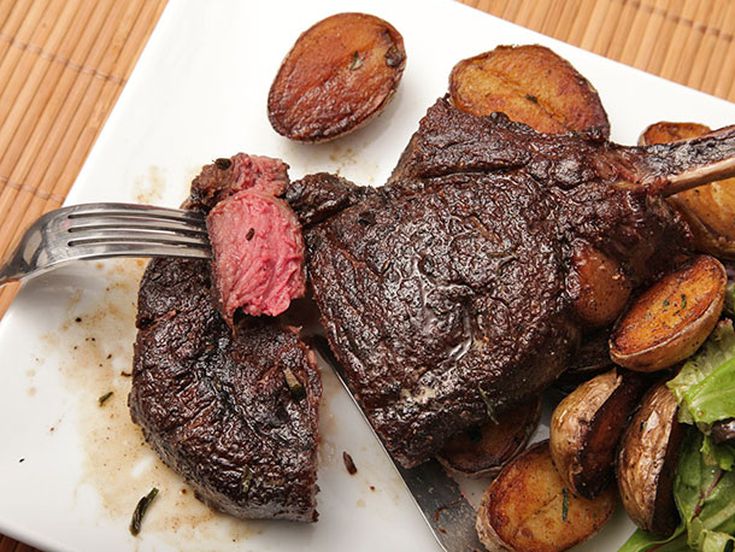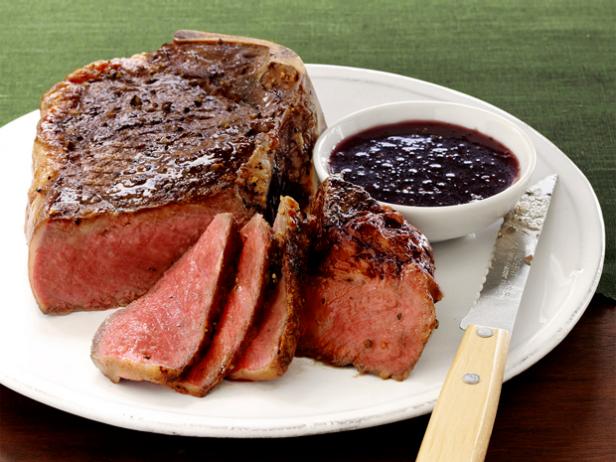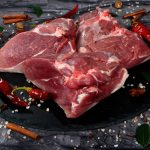
Bison is one of the 100 species of hoofed animal. However, they are not a popular choice when it comes to their meat consumption. It is because people are unaware of its excellent taste and the nutritional value of its meat.
If you go back to the past, people are more likely to eat bison meat. The popularity decreases due to the sudden influx of beef in the market, as the cows are easy to farm.
However, bison meat is gaining popularity as a healthy alternative to cow’s red meat. Therefore, to educate you on bison meat’s nutritional value, we would like to share some important nutritional information about consuming it.
Nutrition in Bison meat
The ratio of essential nutrients defines the food’s nutrition value, like carbohydrates, fats, protein, minerals, and vitamins. To sustain our life, we humans need to consume this entire nutrient in a good ratio.
When we talk about bison meat, it is packed with several essential nutrients, making it the healthier choice. The bison meat contains protein, iron, zinc, B vitamins, and selenium.
Here is the list of nutrients you get when you consume a single serving of cooked bison.
- Calories-124 (113 gm of bison meat)
- Fat- 6 grams
- Protein- 18 grams
- Saturated fat- 2.5 grams
- Iron- 13% of the daily value
- Zinc- about 35% of the daily value
- Vitamin B12- about 68% of DV
Potential benefits of consuming Bison meat
Excellent source of protein
The single serving of 113 grams of bison meat contains around 17 grams of protein. So, you can consume bison as a rich source for your protein needs. Protein is one of the essential nutrients.
The body uses protein for different bodily functions ranging from hormone production, nutrient transport, rebuilding of tissue, and muscle building. So, to sustain the proper growth of your body, you need to start consuming bison meat.
Rich source of B vitamins
The deficiency of vitamin B can lead to many problems. For example, the deficiency of vitamin B6 leads to anemia, itchy skin, and other disorders.
Bison meat can help increase your vitamin B levels. The serving of 113 grams of bison meat fulfills the 68%, 19%, and 28% of vitamin b12, b6, and niacin (B3) daily requirements.
High in iron, selenium, and zinc
Besides a good protein level and vitamin B, bison meat is also a rich source of iron and selenium. Both minerals are responsible for crucial functions in our body.
- Iron– Iron plays an essential role in red blood cell formation. Moreover, these red cells carry oxygen to different organs and cells in the body. Lack of iron can lead to weakness.
- Selenium– Selenium deficiency leads to tissue dysfunction and disease. Moreover, it reduces oxidative stress, as it serves as an antioxidant.
Well Balanced Diet

Comparing bison meat to other farmed animals, it contains fewer overall calories and fat. However, it is rich in essential nutrients like protein, Vitamin B, iron, and selenium. Swapping bison meat with other meat can provide you with healthier and balanced diet food alternatives.



